A flash heating technique breaks down plastic waste and converts it to pure hydrogen and graphene with significantly less emissions and at a low cost.
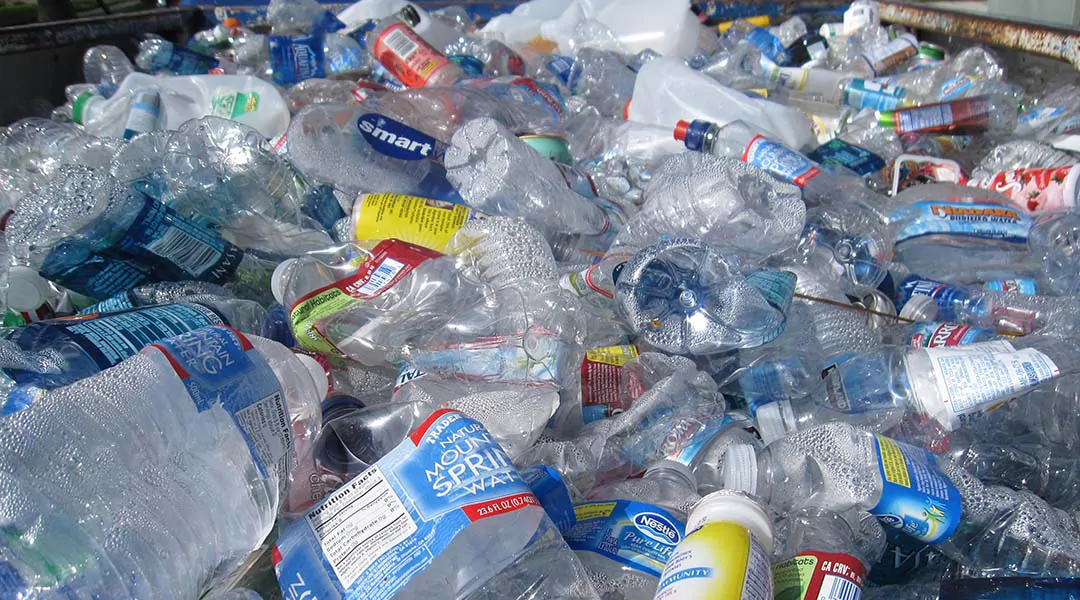


A flash heating technique breaks down plastic waste and converts it to pure hydrogen and graphene with significantly less emissions and at a low cost.
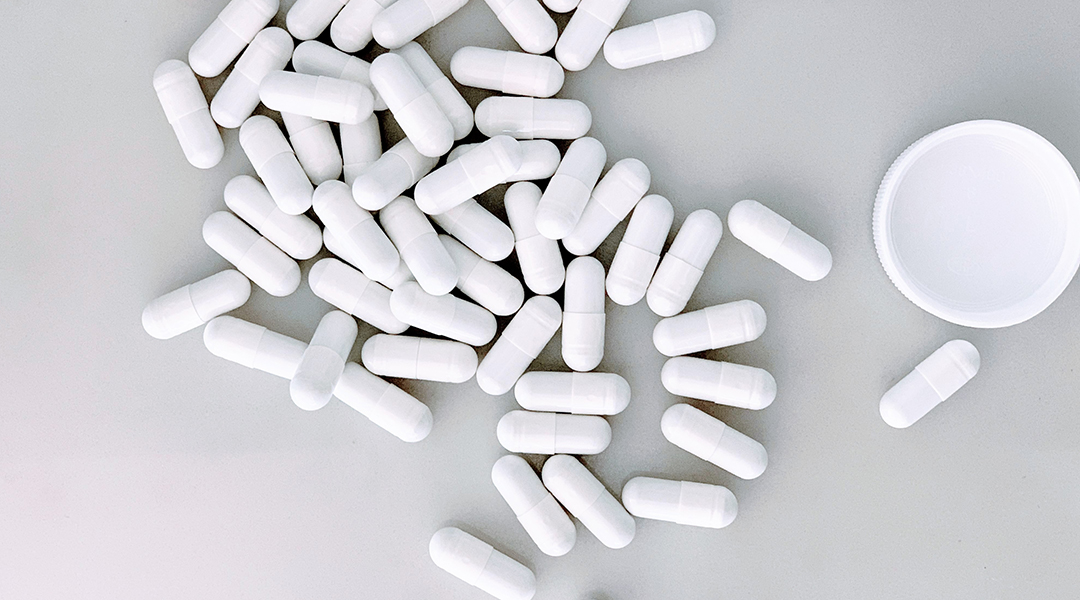
A self-assembling helix formed from nateglinide, a complementary diabetes treatment, provides a protective coating that could open the door to an oral insulin medication.
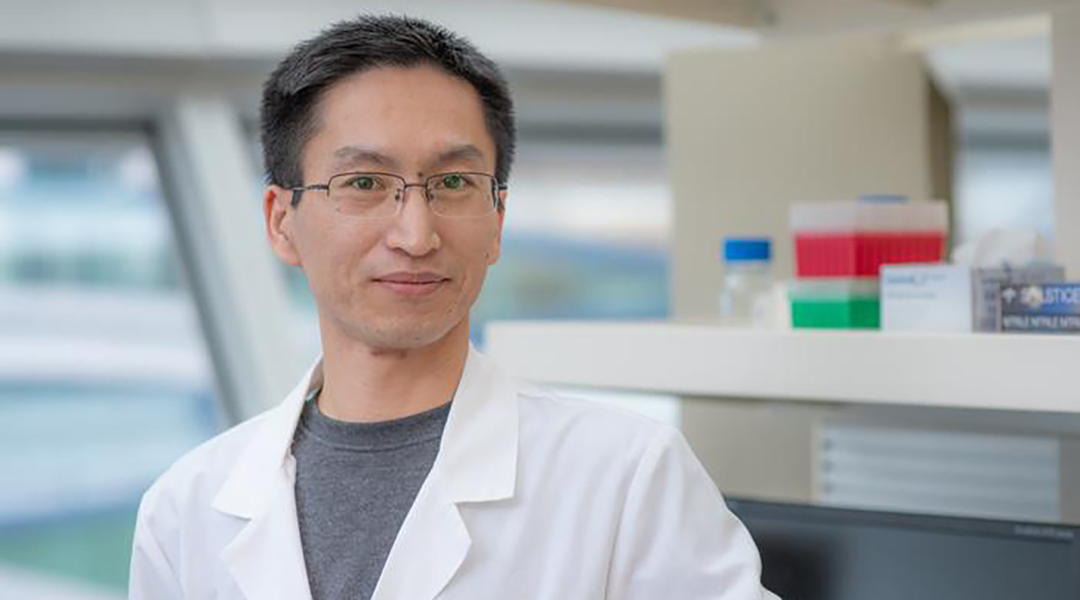
Scientists delve into how repairing dysfunctional brain circuits in Parkinson’s can offer another path forward for new treatment strategies.
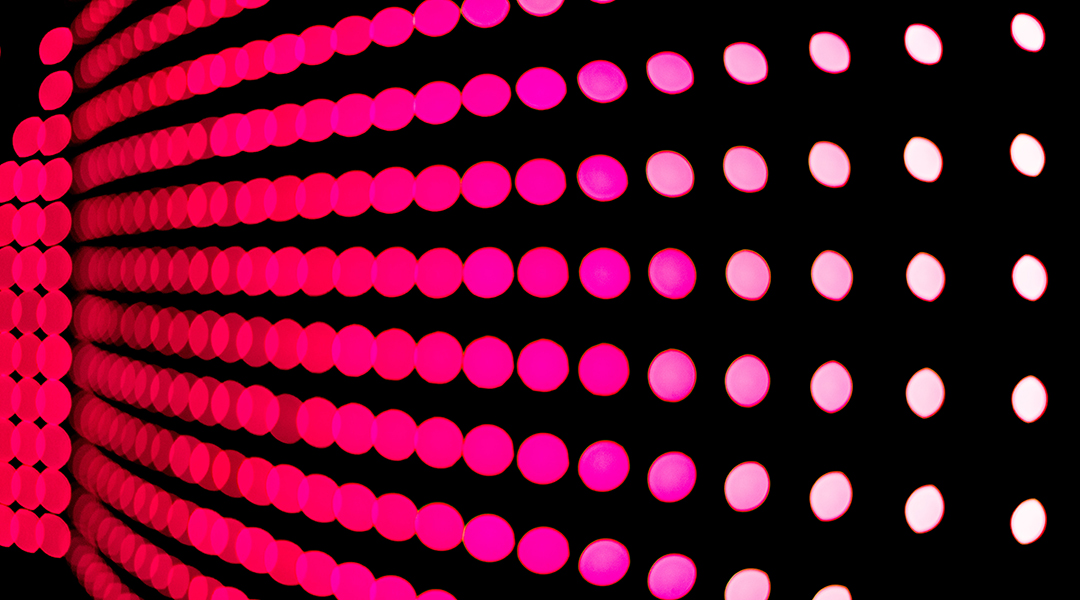
AI is changing the labor-intensive process of manual cell counting, offering improved accuracy, efficiency, and a door into new scientific applications.
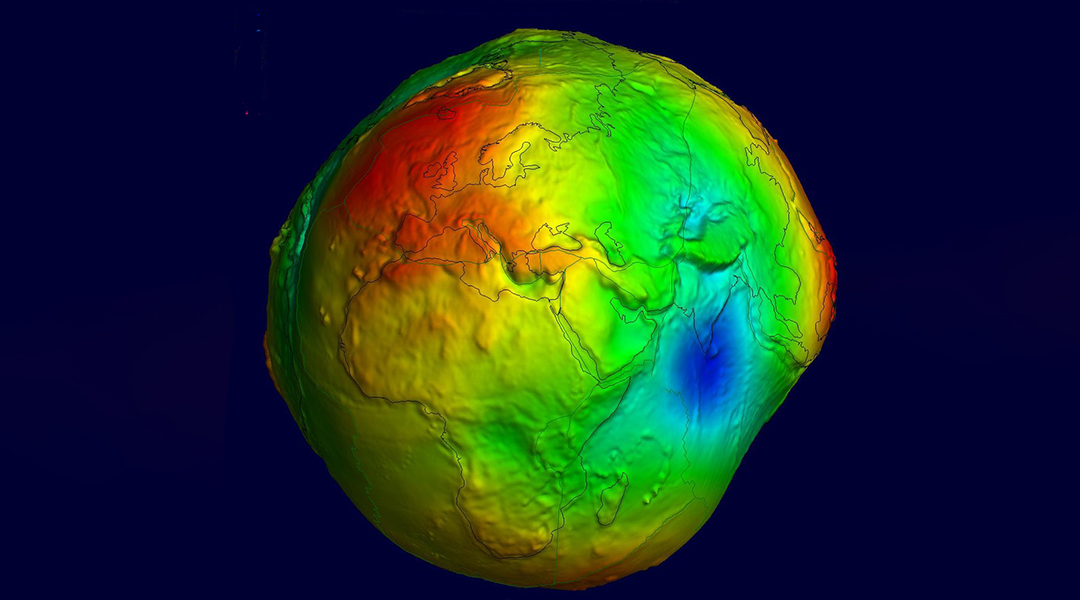
The mystery around a region where Earth’s gravitational pull is weaker than other parts of our planet may finally have an answer.
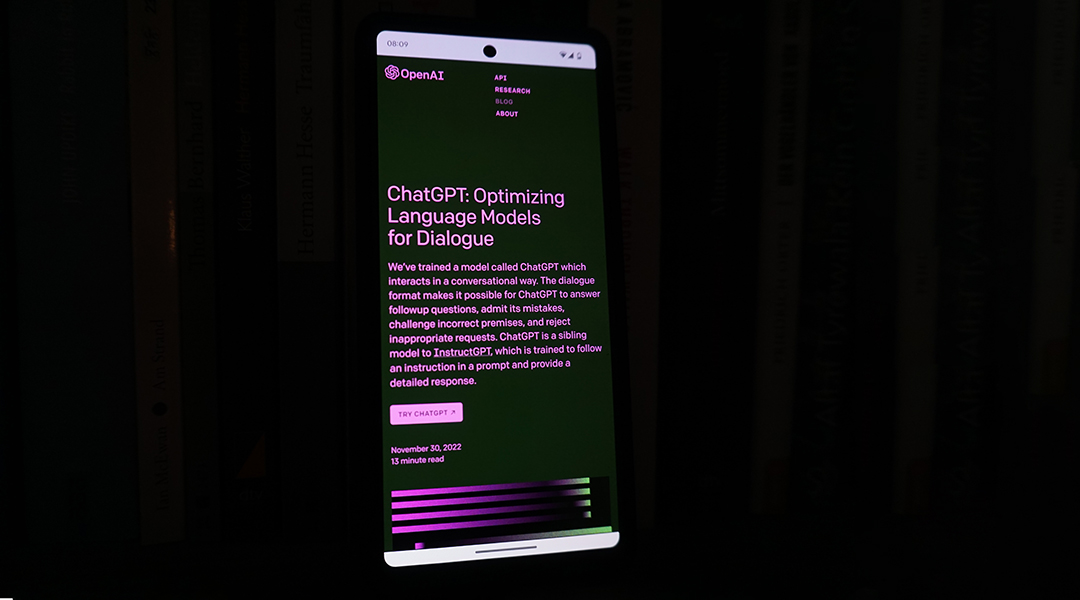
GPT detectors wrongfully flagged a majority of submissions by non-native English speakers as AI-generated content, raising concerns about their use.
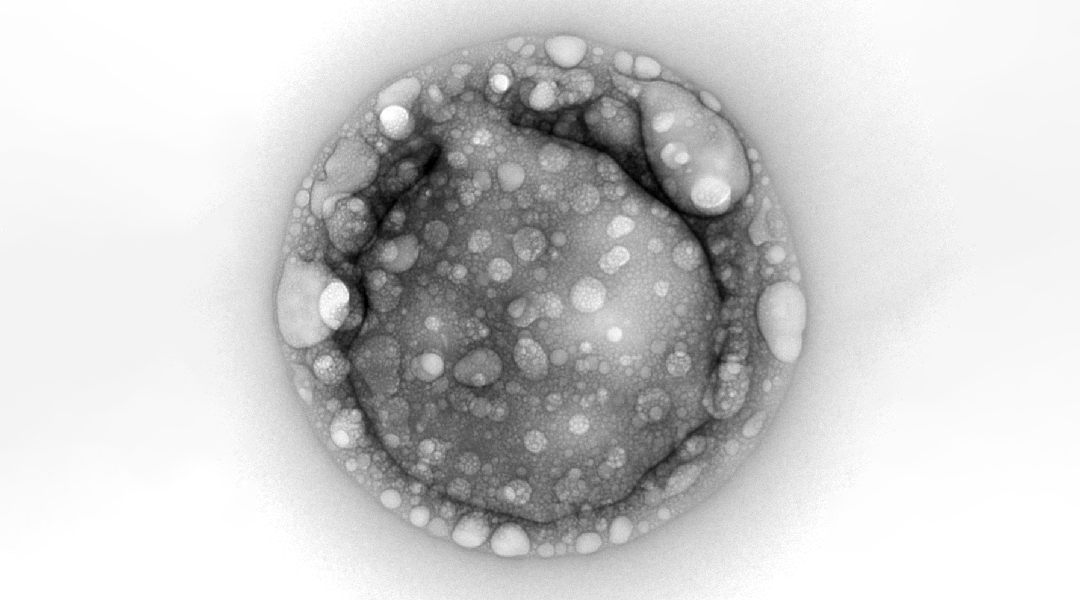
What role could non-biological molecules have played in helping primitive biological and chemical systems evolve into their current, complex forms?
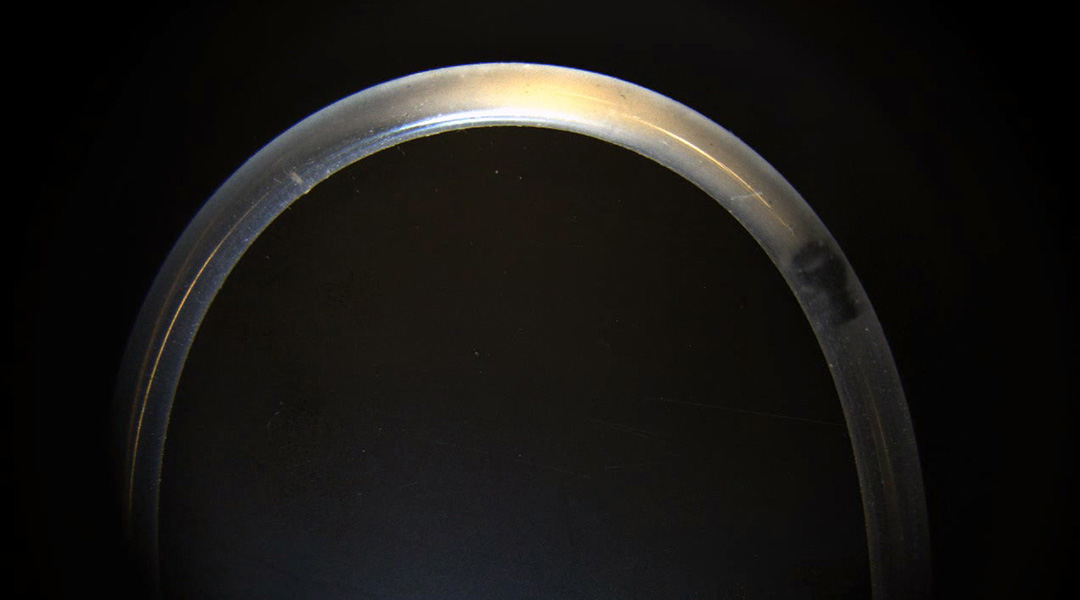
Magnetic hydrogel micromachines break up biofilms and release antibiotics, combating biofilm infections associated with medical devices.
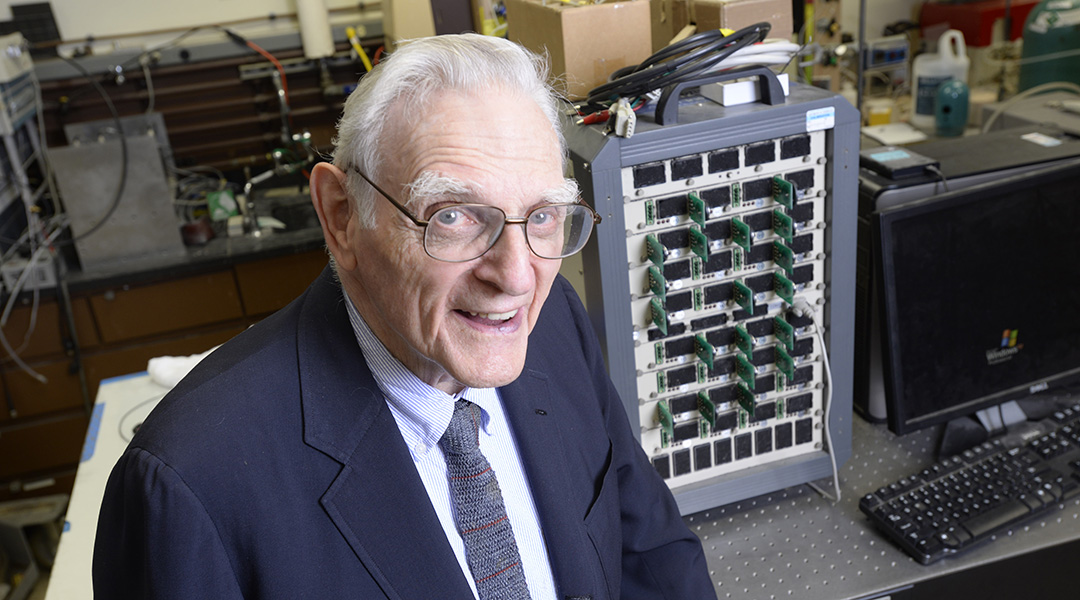
Goodenough’s visionary efforts in developing lithium ion batteries played an instrumental role in revolutionizing the way we generate, store, and use energy.
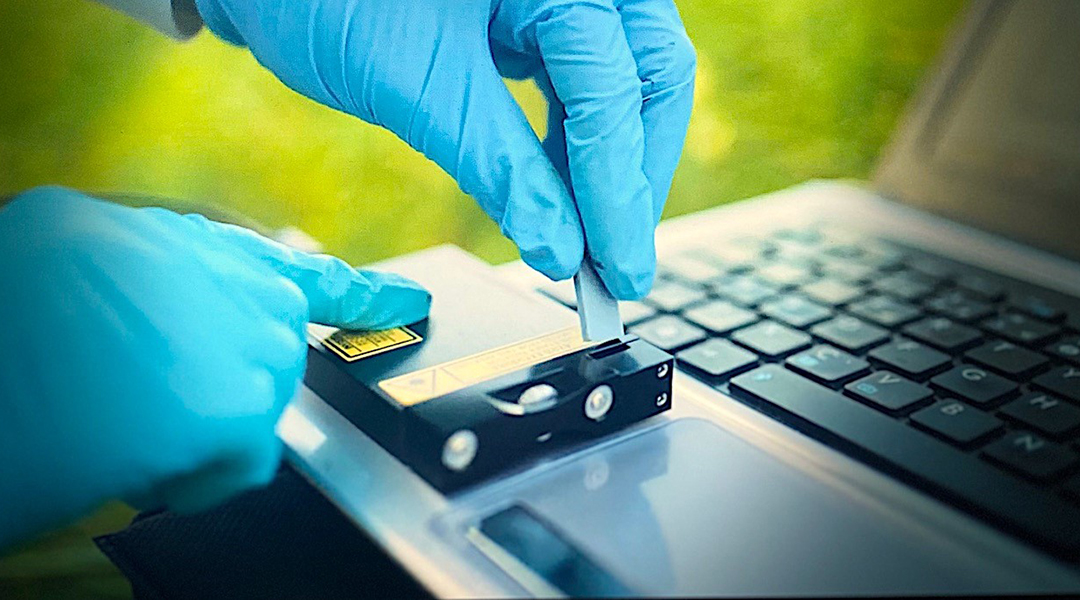
3D-printed sensor detects low concentrations of pesticides, offering a cost-effective and portable solution for water monitoring.